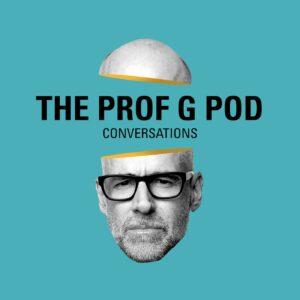
In this episode of the “Modern Wisdom” podcast, host Chris Williamson invites guest Louise Perry to discuss whether women are actually happy with modern dating culture and the impact of the Me Too movement. They explore societal changes, declining birth rates, gender roles, and the influence of technology and social media on women’s mental health. Perry offers a balanced perspective on these topics, drawing from her extensive writing and podcasting experience.
Over the past 50 years, young women have experienced significant changes, such as entering the workforce, gaining independence, and freedom. However, despite these advancements, a significant portion of young adults believe that marriage has become obsolete. The younger generation also perceives relationships in TV shows as unnecessary, reflecting shifting attitudes towards traditional romantic ideals. Interestingly, studies suggest that young women are unhappier compared to previous generations, raising questions about the impact of modern dating culture and societal changes on their well-being.
The discussion delves into the declining birth rates and its implications for society. Contrary to the assumption that individuals would naturally have 2.1 kids, birth rates have significantly declined in recent decades. People’s desire to have children is influenced by societal norms and what is considered normal. The conversation highlights the challenges individuals face in navigating family dynamics and making decisions about having children in a rapidly changing world.
The invention of the pill has revolutionized societal attitudes towards fertility and contraception. However, there is a growing movement, referred to as the “Goop class,” who are concerned about the health effects of hormonal birth control. These individuals are turning to fertility tracking and natural cycles as alternatives. Furthermore, technology-enabled reproductive wellness options are becoming increasingly available for women who have abandoned hormonal birth control, providing them with more control and choices.
The conversation explores the pushback against romance and traditional gender roles in modern culture, which has significant implications for relationships and societal dynamics. The shift from a muscle-based to a brain-based economy has led to men feeling less needed, contributing to the disposability of men in society. Additionally, the clash between the labor market and reproduction poses a significant challenge for women, requiring trade-offs and navigating conflicting expectations.
The traditional approach to starting relationships involved family introductions and consent, with marriage focused on economic and reproductive aspects rather than being based on romantic love. The idea of approaching someone in a bar as a normal way to start a relationship is historically inaccurate, highlighting the changes in societal norms and dating practices. The shift from tactical marriages to romantic and then confluent relationships has left a vestige of conflicting ideologies about the purpose of marriage, leading to diverse perspectives on long-term partnerships.
The conversation between Chris Williamson and Louise Perry provides valuable insights into the complexities of modern dating culture, declining birth rates, gender roles, and societal expectations. It highlights the need for a balanced perspective when discussing these topics and the importance of considering individual experiences and societal influences. The evolving dynamics of relationships and the impact of societal changes on women’s happiness and well-being are thought-provoking areas for further exploration.